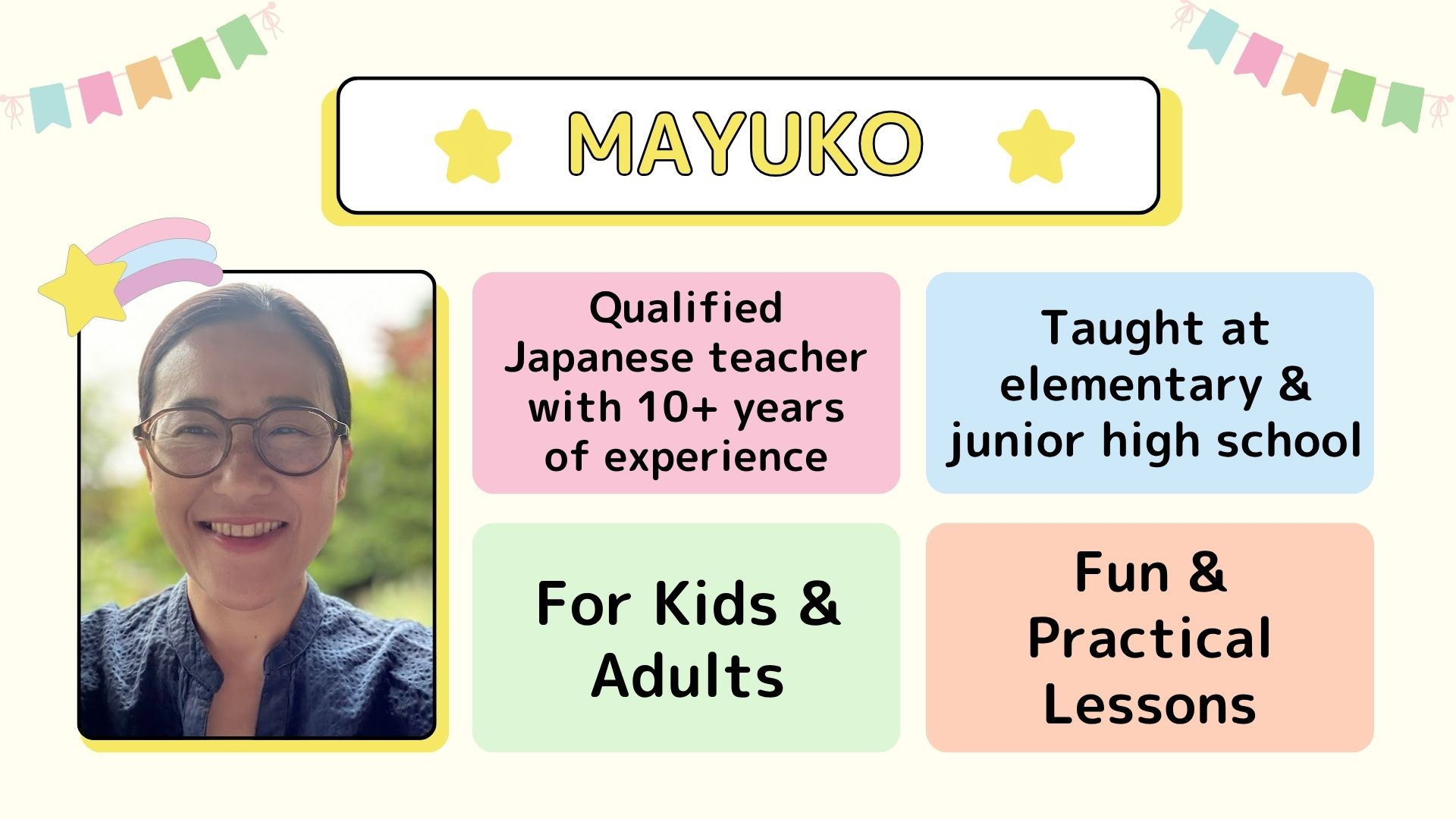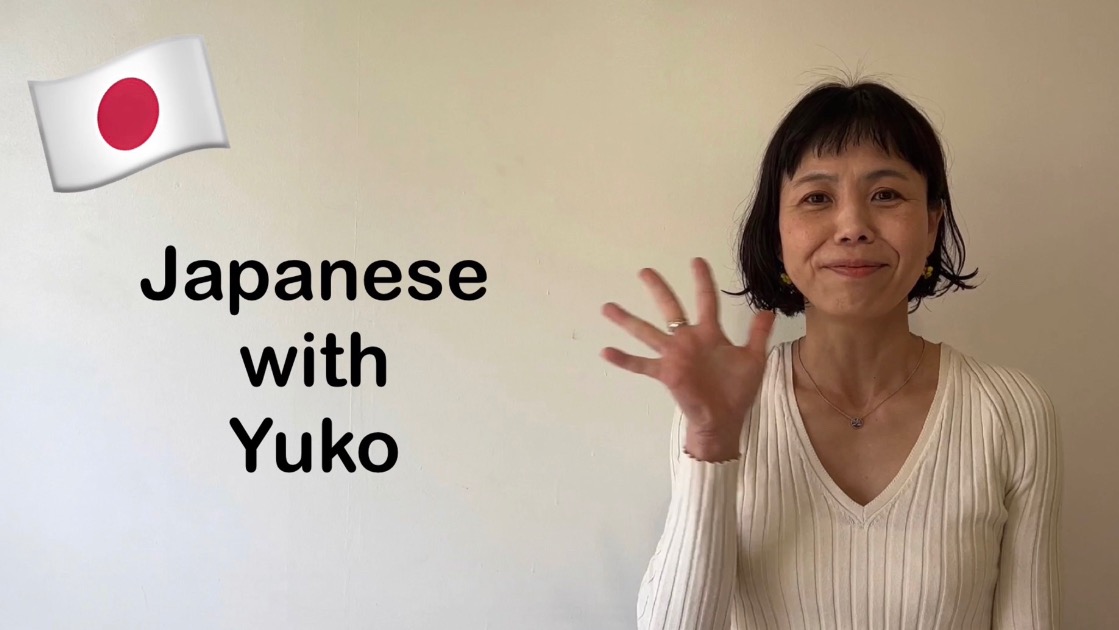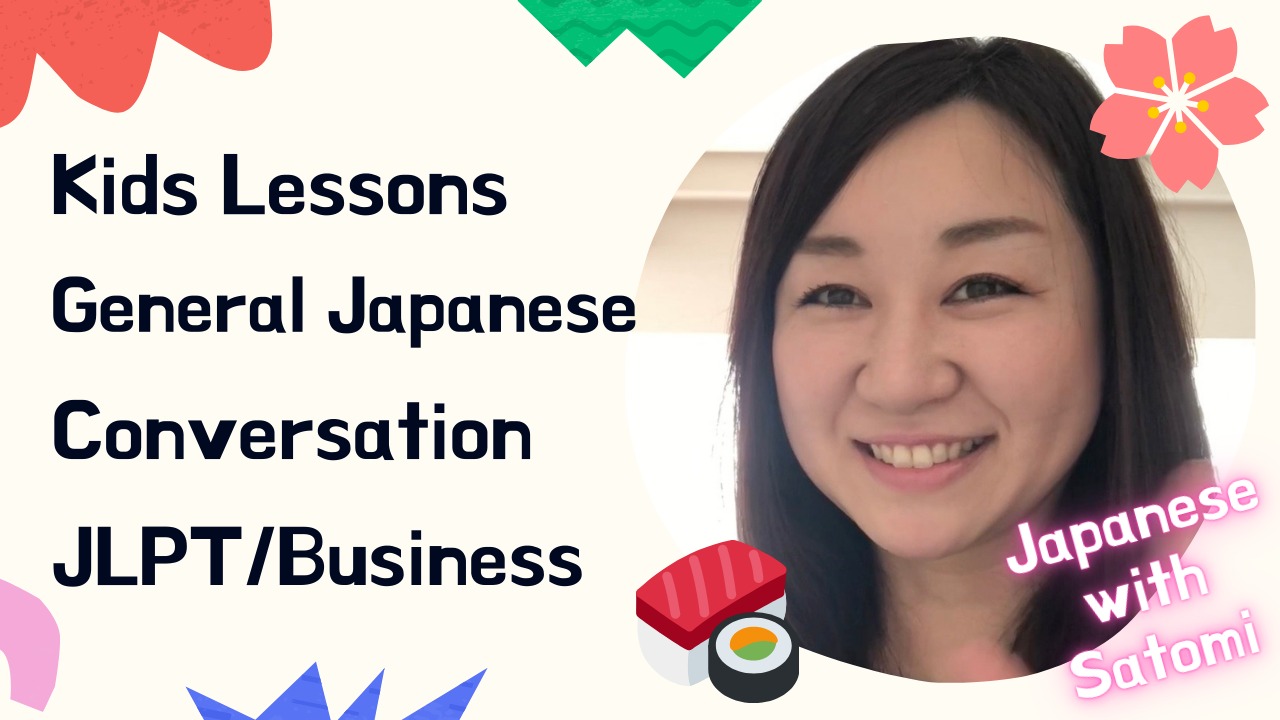To determine if your child is making progress in their Japanese lessons, consider the following methods:
1. Regular Feedback from the Tutor: Most tutors provide ongoing feedback about your child’s performance. They can share insights on improvements, areas that need more attention, and specific skills that have developed over time.
2. Assessment Tests: Some tutors may conduct periodic assessments or quizzes to gauge your child’s understanding of the material. These can help track progress in areas like vocabulary, grammar, and speaking skills.
3. Progress Reports: Many tutors offer progress reports that summarize what your child has learned, highlighting strengths and identifying areas for further development. This can provide a clear picture of their advancement.
4. Skill Demonstration: Encourage your child to demonstrate what they have learned. This could include simple conversations, reading aloud, or writing short paragraphs in Japanese. Their ability to communicate effectively can indicate progress.
5. Increased Confidence and Engagement: Notice any changes in your child’s attitude toward learning Japanese. Increased enthusiasm, willingness to participate in lessons, and a desire to practice outside of class are good signs of progress.
6. Retention of Knowledge: Ask your child to recall previous lessons or vocabulary. If they can remember and use what they’ve learned, it suggests they are making meaningful progress.
By maintaining open communication with both your child and their tutor, you can stay informed about their learning journey and celebrate their achievements along the way.








